Humans
Sign up for our newsletter
We summarize the week's scientific breakthroughs every Thursday.
-
 Health & Medicine
Health & MedicineToddlers tend to opt for the last thing in a set, so craft your questions carefully
Two-year-olds demonstrate a verbal quirk that makes their answers less reliable.
-
 Anthropology
AnthropologyAncient humans used the moon as a calendar in the sky
Whether the moon was a timekeeper for early humans, as first argued during the Apollo missions, is still up for debate.
-
 Health & Medicine
Health & MedicineBreaking down the science behind some of your favorite summer activities
Inject some science into your summer.
-
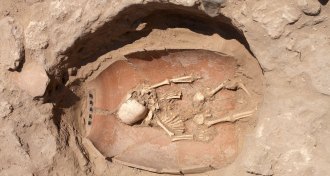 Anthropology
AnthropologyAncient DNA reveals the origins of the Philistines
A mysterious Biblical-era population may have fled Bronze Age calamities.
By Bruce Bower -
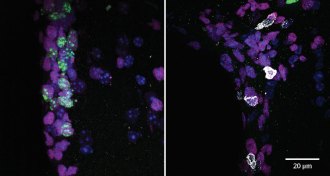 Health & Medicine
Health & MedicineRogue immune cells can infiltrate old brains
Killer T cells get into older brains where they may make mischief, a study in mice and postmortem human brain tissue finds.
-
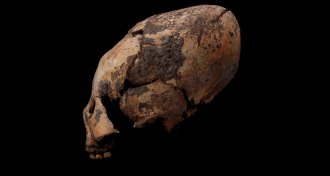 Anthropology
AnthropologyEast Asians may have been reshaping their skulls 12,000 years ago
An ancient skull-molding practice had a long history in northeastern Asia, researchers say.
By Bruce Bower -
 Health & Medicine
Health & MedicineCalifornia’s new vaccine rules kept more kindergartners up-to-date
Three statewide interventions improved the rates of kindergartners behind on required vaccinations in California, researchers report.
-
 Health & Medicine
Health & MedicineVision cells can pull double duty in the brain, detecting both color and shape
Neurons in a brain area that handles vision fire in response to more than one aspect of an object, countering earlier ideas, a study in monkeys finds.
-
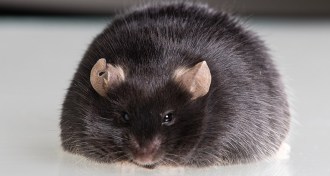 Health & Medicine
Health & MedicineIn mice, a high-fat diet cuts a ‘brake’ used to control appetite
A fatty diet changes the behavior of key appetite-regulating cells in a mouse brain.
-
 Health & Medicine
Health & MedicineAntioxidants may encourage the spread of lung cancer rather than prevent it
Antioxidants protect lung cancer cells from free radicals, but also spur metastasis, two new studies suggest.
-
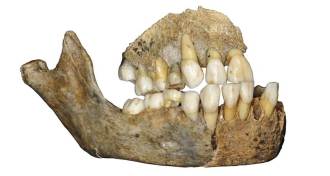 Genetics
GeneticsDNA reveals a European Neandertal lineage that lasted 80,000 years
Ancient DNA from cave fossils in Belgium and Germany shows an unbroken genetic line of the extinct hominids emerged at least 120,000 years ago.
By Bruce Bower -
 Health & Medicine
Health & MedicineThick calluses don’t make feet any less sensitive
Bare feet that develop thick calluses are just as sensitive as shoe-clad feet, a study in Kenya finds.